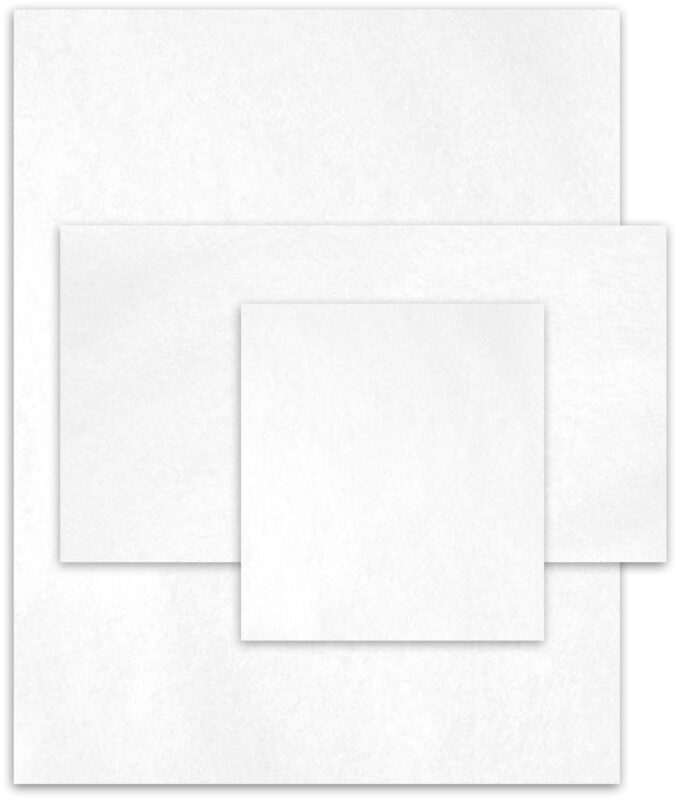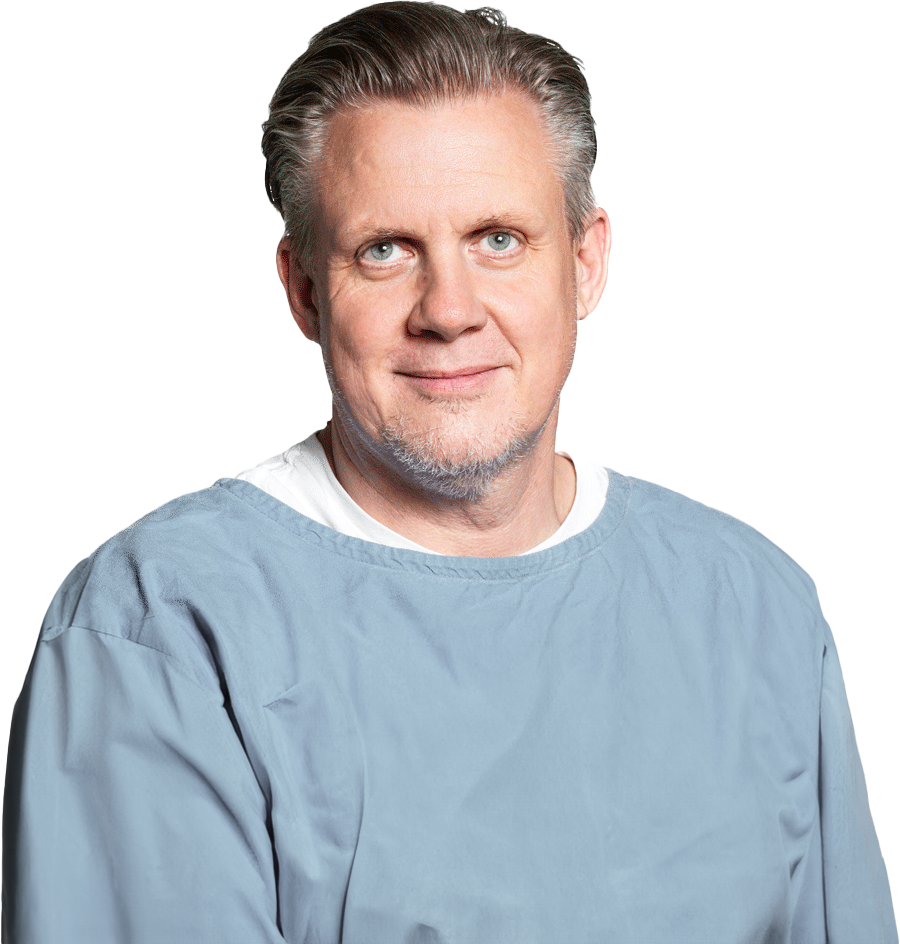Shift to Synthetics
SUPRATHEL® is an innovative, pioneering, and proven synthetic skin substitute that has revolutionized the treatment of epidermal and dermal wounds. The product that kicked off the Shift to Synthetics over 20 years ago is now used as the standard of care in over 40 countries around the world to treat partial thickness burns, split-thickness skin graft (STSG) donor sites, and abrasions.
Like a second skin
Like a second skin, SUPRATHEL® covers the wound and leads it through a quick, complication-free healing process. SUPRATHEL® was developed to be analogous to the human skin and shares the same properties such as elasticity, permeability to water vapor, and impermeability to bacteria.
Single application
SUPRATHEL® is a single application product that is applied directly to a disinfected and debrided wound bed, where it stays intact until the wound is completely healed. After it is applied, the membrane becomes translucent, thus facilitating the inspection of the healing process. Single application is a win for the patient, and for busy providers.
Indications
SUPRATHEL® is intended for the management of wounds that include:
- Superficial and partial thickness burns
- Split-thickness skin graft donor sites
- Partial and full thickness wounds
- Cuts and abrasions
- Trauma, acute, superficial, and surgical wounds
Benefits
Single application, no change of SUPRATHEL® needed
Significant pain relief up to 60%1-4
- Less anesthesia and pain medication required1,5-6
Low rate of infections, no biologic risk1,2,5,7-9
- Synthetic, biocompatible, absorbable
- No reported allergic reactions
Fast wound healing1,2,5
- Improved epithelialization3-11
Lower treatment costs2,4,5
- Less cost and effort for dressing changes2,9
- Shorter hospital stay5
Excellent cosmetic outcomes and scar quality4,7,8
Lower inflammatory reaction12
Reduced skin graft rate6
Composition
SUPRATHEL® is purely synthetic and therefore does not bear any residual risks as can be the case with biological products of human or animal origin. Upon final resorption, PMI’s SUPRA EPT™ leaves only CO2 and H2O in the wound bed.
Polymer:
Lactide-base copolymer
Metabolism:
Hydrolytically (to CO2 and H2O)
Permeability to water vapor:
40 – 70 ml/m2 (hour), 1,000 – 1,700 ml/m2 per day
Porosity:
70% – 80%
Support materials
Contact local representative for additional materials.
SUPRATHEL® is available in many configurations to accommodate different wound types for each patient.
ORDER INFORMATION
| ARTICLE # | SHEETS/PKG | SIZE |
| 110910-US | 1 | 9 x 10 cm |
| 111810-US | 1 | 18 x 10 cm |
| 111823-US | 1 | 18 x 23 cm |
| 11F001-US | 1 | Face Mask – Adult |
| 12H001-US | 2 | Hand Shape – Adult |
| 150910-US | 5 | 9 x 10 cm |
| 151810-US | 5 | 18 x 10 cm |
| 151823-US | 5 | 18 x 23 cm |

“SUPRATHEL® represents an integral armamentarium in burn surgery.”
Lect. MD. Lars-Peter Kamolz, M. Sc, Vienna

1 Schwarze et al. Burns. 2007 Nov;33(7):850-4 | 2 Schwarze et al. Ann Plast Surg. 2008 Feb;60(2):181-5 | 3 Uhlig et al. Burns. 2007 Mar;33(2):221-9 | 4 Kaartinen et al. J Plast Surg Hand Surg. 2011 Sep;45(4-5):200-3 | 5 Everett et al. J Wound Care. 2015 Jul;24(7):S4-8 | 6 Schriek et al. Eur Burn J. 2022 Dec;3(1):1–9 | 7 Keck et al. Burns. 2012 May;38(3):388-95 | 8 Hundeshagen et al. J Burn Care Res. 2018 Feb 20;39(2):261-7 | 9 Markl et al. Ann Plast Surg. 2010 Nov;65(5):490-6 | 10 Gurunluoglu et al. J Burn Care Res. 2019 Jun 21;40(4):444-50 | 11 Gurunluoglu et al. J Burn Care Res. 2019 Apr 26;40(3):302-11 | 12 Demircan et al. Ulus Travma Acil Cerrahi Derg. 2021 Jan;27(1):122-31
